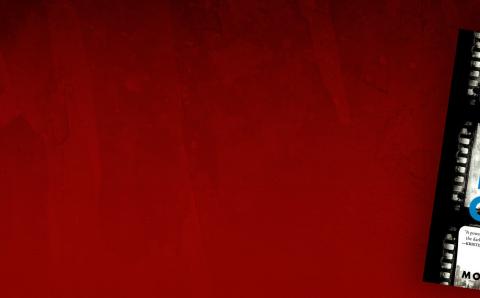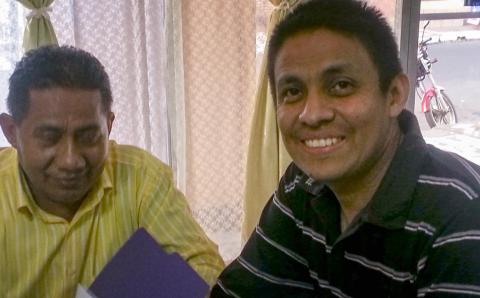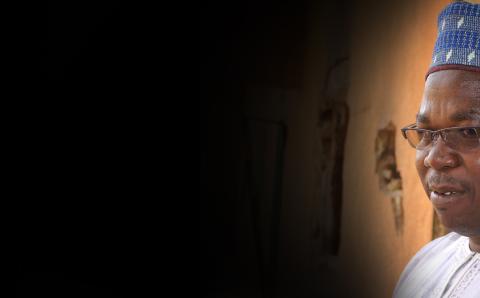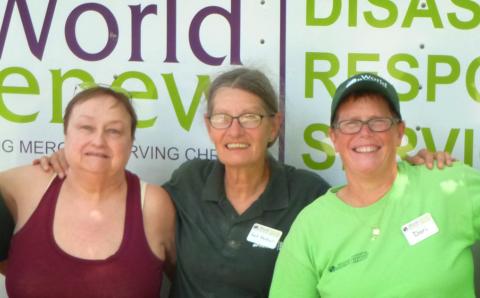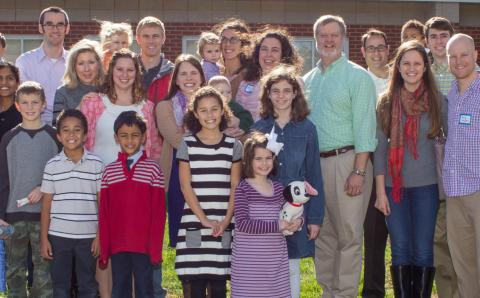Kristen De Vries wanted to encourage her ninth and tenth grade Sunday school class at Fourteenth Street Christian Reformed Church in Holland, Mich., to articulate their own faith stories while they learned the Heidelberg Catechism.
One way she tried to do this was by having adults from the congregation tell their faith stories to help build a vocabulary of faith for the students. She encouraged each teen to ask an adult in the church, “Why are you a Christian?”
De Vries then invited some of these adults to speak to the class. When asked at the end of the year which of the stories they remembered, one of the students, Jenna Baker, recalled, “Mr. Polet’s story was so interesting. It was historical, from World War II.”
As a child growing up in Friesland (part of the Netherlands), Jim Polet always knew that he belonged to his parents and his family.
But then came World War II. Jim’s father was active in the underground. Eventually, because of his activities, the family feared for their safety. Jim’s parents went into hiding, moving to another town.
The family’s nine children were farmed out to relatives and friends to help keep them safe. Jim Polet, who was 15 years old, went to live with a family friend who was a butcher.
One day while Jim was out peddling meat, he saw his father walking in town with another man. So as not to put his son in danger, his father passed by without any sign that he recognized his son.
This was difficult for Jim; after all, he had not seen his father in six months. This caused Jim to consider whom he really belonged to. It seemed to him that at this time he no longer belonged to his family.
He turned to the psalms he had sung in church and knew that he belonged to God. Whenever Jim Polet hears Q&A 1 of the Heidelberg Catechism, it has a special meaning for him. He remembers a time when belonging to God was all he could hold on to.
This story stayed with Kristen De Vries’s Sunday school class throughout the year. Stories such as Jim Polet’s can help make the Heidelberg Catechism come alive to younger members of our church.
Sharing our stories with each other is an important part of our faith formation, especially when we share them in intergenerational settings, and is exactly what Faith Formation Ministries (FFM) seeks to support in other congregations.
Faith Formation Ministrues recognizes that each congregation has a unique identity, history, context, and calling; FFM listens, dialogues, and then suggests ideas and develops resources to strengthen these faith formation and discipleship ministries.
FFM’s coaching conversations can range from a 15-minute check-in on a minor detail to a year-long congregational re-visioning journey—and anywhere in between.
If you face a faith formation question or challenge, let's talk! Contact us at faithformation@crcna.org, or visit our website at crcna.org/FaithFormation.
Faith Formation Ministries is looking for 20 congregations to participate in a cohort project that will work together to strengthen existing faith formation practices and develop new ones. Are you interested? Contact Christine Dekker at cdekker@crcna.org or check out the FFM website.
About the Authors
Laura Keeley is a regional catalyzer for Faith Formation Ministries in the CRCNA and director of childrens ministries at 14th St. CRC in Holland, Mich.
Paola Fuentes Gleghorn




